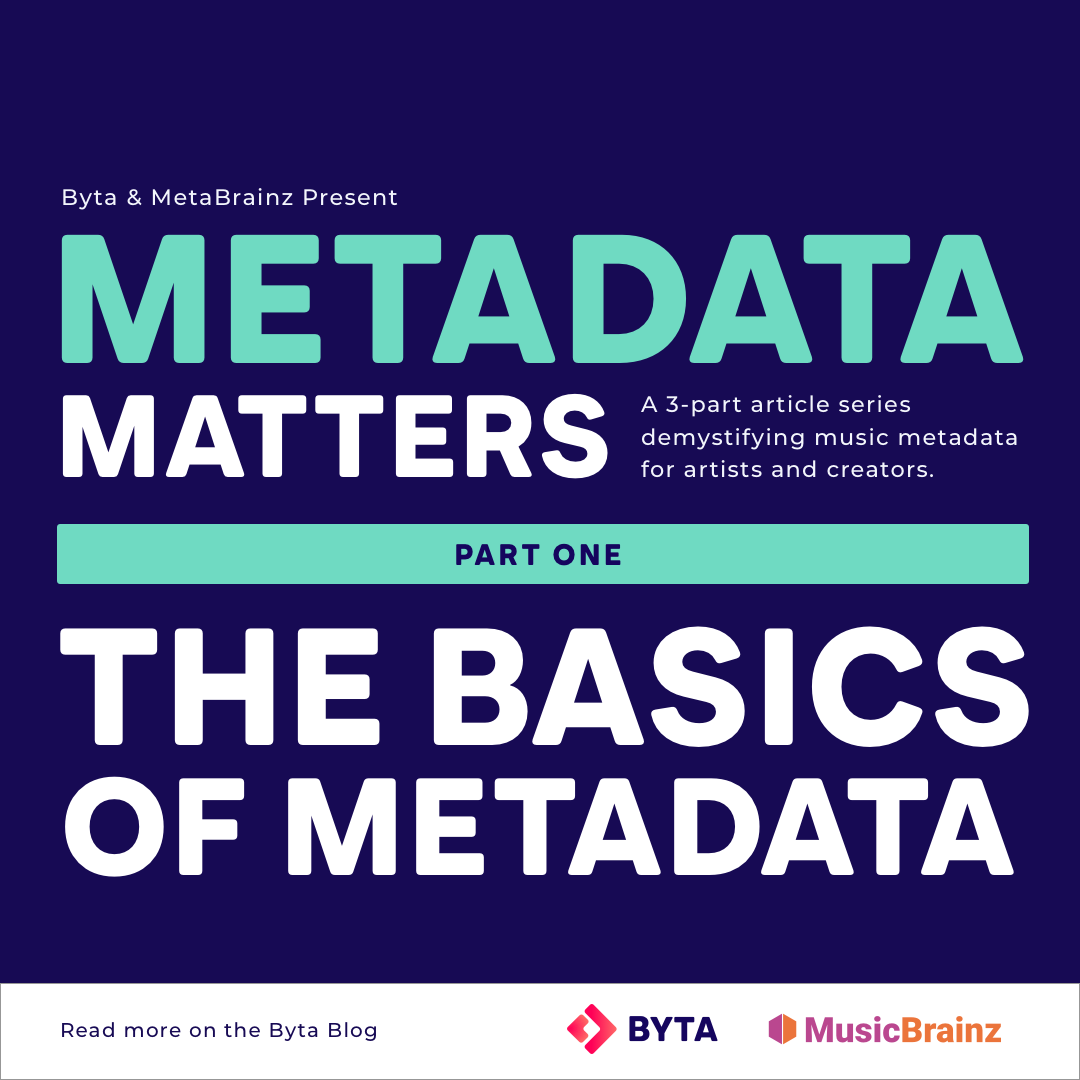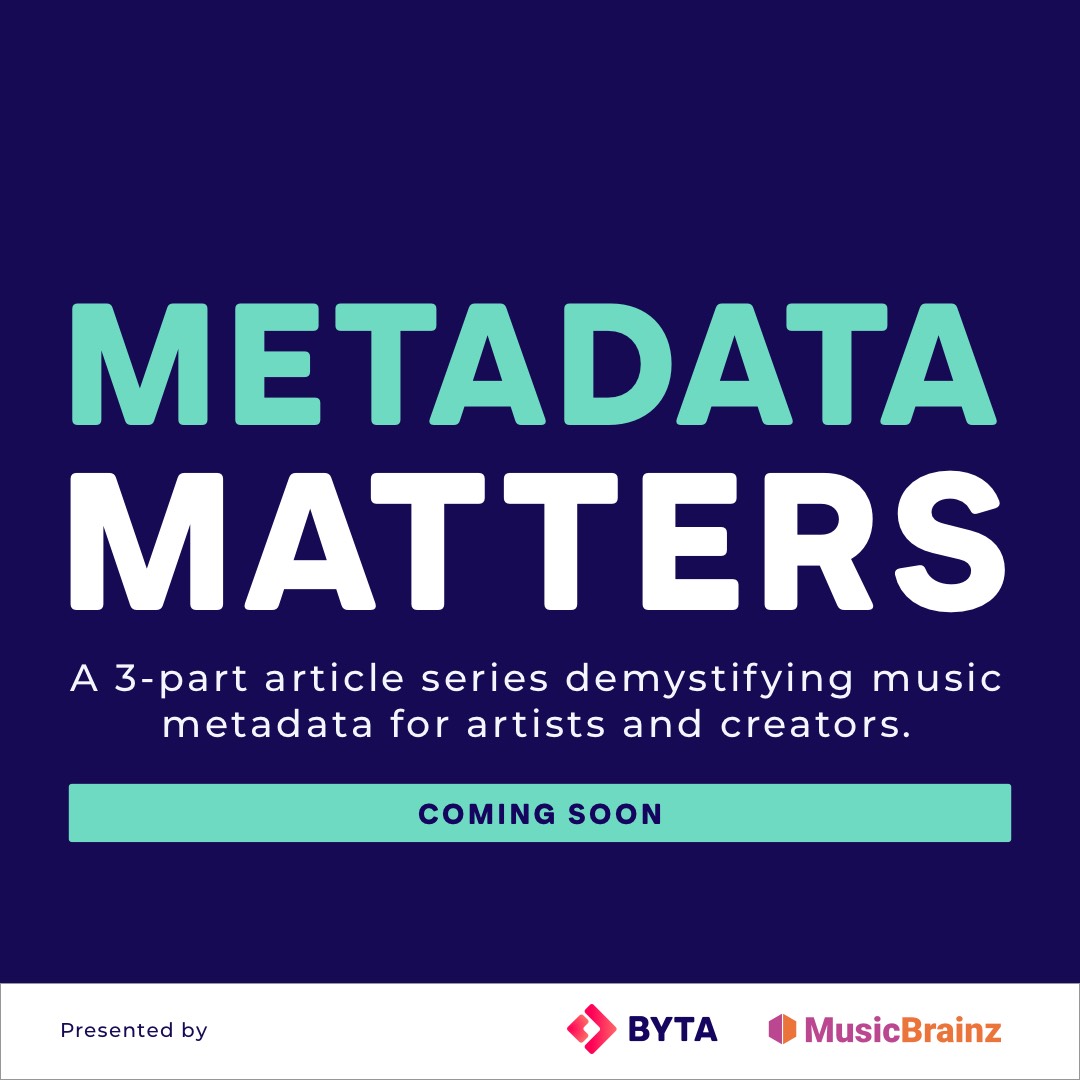As announced for our schema change release, after a week of beta testing, the ability to modify or remove edit notes is fully delivered in today’s release! A few other unrelated but small improvements and fixes are included too.
As an editor, you are now able to modify or remove your own edit notes if they’re not older than 24 hours and nobody else has replied; you can see the full set of conditions in our edit note documentation. Admins are allowed to modify or remove any edit note from anyone at any time, and have already been using this to remove some spam and inappropriate comments during the beta period.
A new release of MusicBrainz Docker is also available that matches this update of MusicBrainz Server. See the release notes for update instructions.
Thanks to ShivamAwasthi for contributing code and to kellnerd for helping with code review. Thanks to chaban, Cyberskull, jesus2099 q_fdb and yurim for having reported bugs and suggested improvements. Thanks to salo.rock for updating the translations. And thanks to all others who tested the beta version!
The git tag is v-2023-05-22.
Continue reading “MusicBrainz Server update, 2023-05-22”

